Are you wondering how aftermarket manufacturing can help grow and sustain your business? This blog will show you how aftermarket services are reshaping traditional supply chains.
The global business environment is dynamic, forcing companies to adapt quickly to unforeseen challenges. Traditional manufacturing models may expose you to inflexible lead times, inventory headaches, and pressure to constantly develop new products.
Aftermarket manufacturing enhances your operational capabilities. It empowers your company to overcome these issues, ensuring you have the parts and components you need, when you need them, while reducing costs and promoting sustainability throughout the supply chain.
What is Aftermarket Manufacturing?
Aftermarket manufacturing refers to the production of components, spare parts, and even entire products that support the ongoing maintenance and extended lifecycle of existing products. Unlike traditional manufacturing, which centers on the production of new items, aftermarket manufacturing focuses on the market that arises after the initial sale of a product.
Remanufacturing, where used parts are restored, and refurbishment, where products are refreshed, are important subsets within aftermarket manufacturing.
Think of it as a way to keep your existing products and equipment running smoothly, get more value from them over time, and reduce the need to constantly purchase new replacements.
Let’s look at some of the key benefits of aftermarket manufacturing:
Enhancing Supply Chain Flexibility
Unanticipated surges in demand, component shortages, or sudden changes in market preferences can throw conventional supply chains off balance. Aftermarket manufacturing adds a crucial layer of flexibility.
By enabling on-demand production of parts, you can adapt rapidly to these fluctuations. You can maintain a steady flow of products without overstocking or facing costly delays due to disrupted supplier networks.
For instance, if a critical part of a popular machine suddenly becomes unavailable, aftermarket manufacturing allows you to produce it quickly, ensuring your customers’ operations aren’t stalled.
Reducing Lead Times
Aftermarket manufacturing significantly reduces these lead times.
By providing rapid replacement parts – whether produced traditionally, via 3D printing, or through remanufacturing – companies can quickly resolve breakdowns and minimize supply chain disruptions.
Imagine a scenario where a key part fails on your production line; aftermarket manufacturing can have a new one on-site in days, rather than the weeks or months it might take for traditional sourcing.
Optimizing Inventory Management
Traditional stocking of spare parts for a vast array of products (with or without the help of 3PL warehouse services) can be expensive. It ties up capital in slow-moving inventory, and parts may become obsolete if product designs change.
Aftermarket manufacturing allows you to move away from extensive stockpiles. It enables you to produce spare parts on-demand, streamlining inventory management and reducing associated storage and warehousing costs.
This frees up capital and lets you avoid the risk of having unused parts become obsolete as your equipment evolves.
Supporting Product Lifecycle Management
A well-designed product remains valuable beyond the release of newer models. Aftermarket manufacturing is crucial for effective product lifecycle management, ensuring that products remain functional and relevant long after their initial release.
It guarantees the long-term availability of essential parts and components. This extends the useful lifespan of customers’ products, and for companies, it creates continued support and revenue streams into the later stages of a product’s life.
When it comes to medical equipment, ensuring that replacement components for essential imaging devices and pharmaceutical manufacturing tools are accessible is vital. This availability helps healthcare facilities and laboratories optimize their investments. Such dependability enhances customer trust and loyalty, simultaneously strengthening the reputation of your company.
Improving Customer Satisfaction
Customer satisfaction ultimately hinges on the reliable and timely availability of products and support services. Aftermarket manufacturing directly addresses these concerns.
In sectors such as medical equipment, having ready access to replacement parts for vital imaging systems or pharmaceutical manufacturing equipment is crucial. This accessibility not only allows hospitals and labs to optimize their investments but also ensures consistent operational reliability. This, in turn, boosts customer loyalty and elevates your company’s image.
If your customers know they can obtain quick fixes when something goes wrong, it builds strong relationships and makes your brand more attractive.
Minimizing Environmental Impact
Sustainability is gaining momentum as a crucial factor in supply chain decisions. Aftermarket manufacturing, particularly the remanufacturing and refurbishment segments, aligns strongly with this trend.
By reusing parts and components, or revitalizing older products, contract manufacturers in the USA significantly reduce material waste and the energy consumption associated with producing items from scratch.
By partnering with them, you improve your company’s environmental footprint while catering to an increasingly eco-conscious consumer base.
This also creates opportunities to market your products and services as environmentally conscious options, appealing to a broader market.
How MFG One Can Help
MFG One is a leading full-service 3PL company with extensive experience in aftermarket services. We understand the unique challenges faced within this space and offer customized solutions to ensure your supply chain remains agile and responsive.
Our capabilities include rapid prototyping, flexible production runs for spare parts and components, and expertise in remanufacturing and refurbishment to extend product lifecycles. By partnering with MFG One, you’ll gain a strategic advantage in managing the aftermarket needs of your products.
We offer a full range of solutions including contract manufacturing and 3PL fulfillment services to national and international clients. While we service largely in the USA, the United Kingdom, Canada, and Mexico, we proudly support clients anywhere across the globe.
Contact us today to learn how we can support your quality goals.
